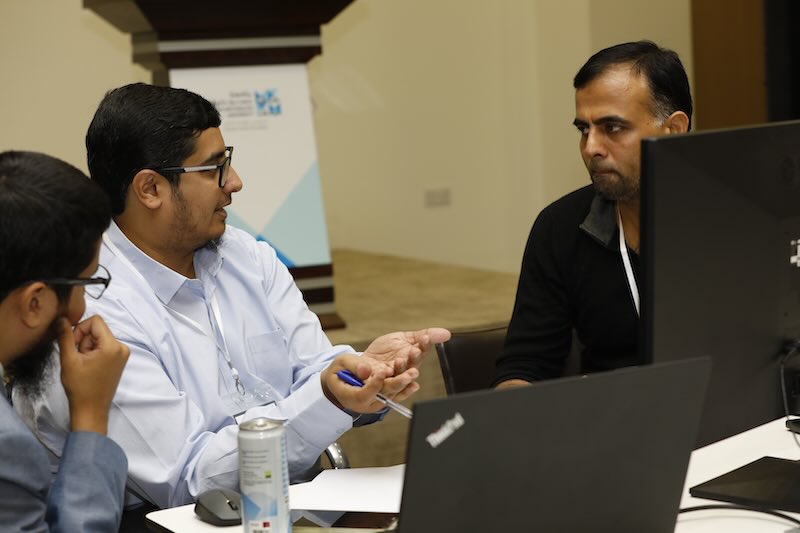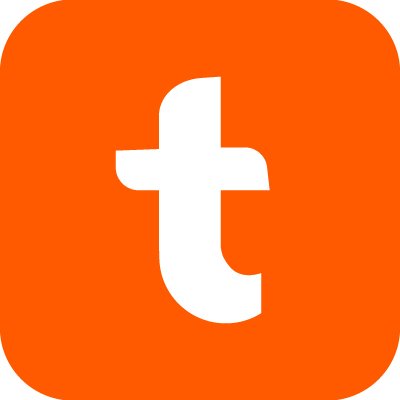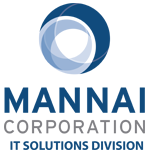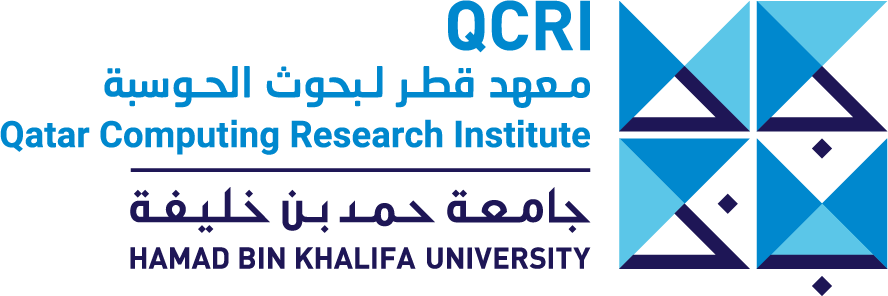Why Participate?
Generative AI stands at the forefront of rapid technological advancement, harnessing machine learning algorithms to create fresh and innovative content, ranging from images and music to complete narratives. Join us as we delve into this dynamic realm for an extraordinary hackathon event that brings together developers, data scientists, and AI enthusiasts.
During this hackathon, participants will gain hands-on experience in diverse Generative AI projects. This includes constructing their own models, experimenting with existing ones, and exploring groundbreaking applications for this cutting-edge technology. Whether you're an accomplished AI expert or just embarking on your journey, our hackathon offers an ideal platform to acquire new skills, connect with kindred spirits, and push the boundaries of generative AI's limitless potential.
If you're eager to immerse yourself in this thrilling universe, seize the opportunity to register for the hackathon today. Join us for an unforgettable weekend of innovation, collaboration, and creativity!
Registrations
277
Countries
10
Thank you to our sponsors and participants!


Sponsors





Winners
Overall Winner (Sponsored by Shell): 👑 Team Capricorn
A GenAI powered Recruitment Platform using cutting-edge asynchronous interview technology to streamline the hiring process. It serves to aid hiring managers and headhunting firms in evaluating asynchronous interviews of candidates.
Euisuh Jeong, Mohammad Shahmeer Ahmad, Keivin Isufaj, Johanne Medina (QCRI)
Prize: QAR20k
Runner Up (by Mannai/LogRhythm): 👑 Team Sakina.AI
Mental Health Triaging Solution
Leena Babiker, Syed Hashim
Prize: QAR10k Vouchers
Best User Experience Award: Velocity AI
1- Talabat Reviews System, including a chatbot with 2- Socrates Chat and Framework. 3- Reviews System
Mohamad Bahri, Mahmoud El Orfali
Prize: Samsung Smart Phones
Most Innovative Award: Regul8
Reggy is an AI Assistant helping policymakers Giga/UNICEF navigate the complex telecom regulatory landscape when it comes to connecting schools to the internet.
The system follows the RAG framework. The system consists of the vector database generated from a huge number of scraped documents related to our application. The embeddings were generated using OpenAI model "text-embedding-05" and stored locally in a vector store using ChromaDB. The system uses a specialized prompt that fills in the context using data retrieved from the vector store based on the user question. This filled prompt is then forwarded to the LLM engine OpenAI "gpt-model-05" for final analysis and response. The prompt is engineered to force the LLM to use only the context to provide the answer and to keep the answer as clear and concise as possible. The prompt is also engineered to provide some extra information regarding the Internet Connectivity Penetration score of the specific country in question. The system exposes the LLM pipeline using REST API to our frontend written in React. The frontend allows the user to chat with the LLM as well as displaying relevant charts related to the data returned by the LLM.
Osama Muhammad Khalid, Ali Farhoud, Fatima Tayeb
Prize: Samsung Smart Phones
Wow Factor Award: SNED
Scribe is a developer tool to improve the code documentation process. This is targeted at professional software engineers/developers. We hope that we can provide the best assistive tool for documenting code automatically.
Zan Naeem, Abdullah Khan, Sameer Ahmad
Prize: Samsung Smart Phones
Hacker's Choice Award: Socratic Coders
Our project unfolds in several progressive stages, beginning with the development of the "Socrate Chat" platform, which leverages the extensive knowledge base of the Stanford Encyclopedia of Philosophy. Next, we integrate advanced speech recognition technologies to enhance accessibility for visually impaired users, allowing for seamless interaction and engagement. The ultimate goal is to expand this platform's capabilities to the educational sector. By collaborating with publishers and libraries, we aim to utilize digital texts to craft specialized knowledge domains—ranging from mathematics and history to physics and biology—tailored to different educational levels. This will enable the creation of a personalized tutoring agent for blind students, designed to support their learning journey and help them achieve academic excellence alongside their peers.
Adnan Mohammed, Shubh Agarwal, Sharon Kaari Koech, Cheng Hsin Liu
Prize: Apple Airpods
Qatar Computing Research Institute
Qatar Computing Research Institute (QCRI) is a national research institute, established in 2010 by Qatar Foundation (QF) for Education, Science and Community Development, a private, non-profit organization that is supporting Qatar’s transformation from a carbon economy to a knowledge economy. QCRI operates under the umbrella of Hamad bin Khalifa University (HBKU).
